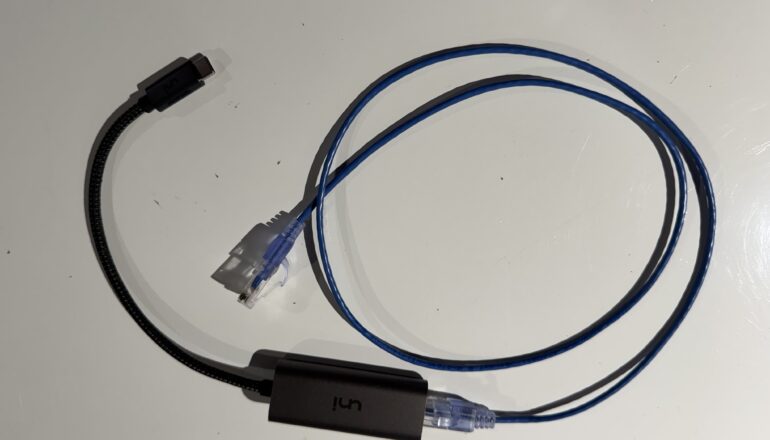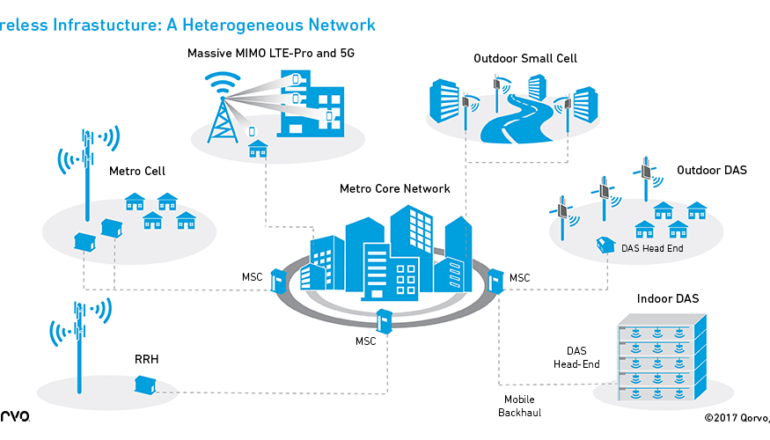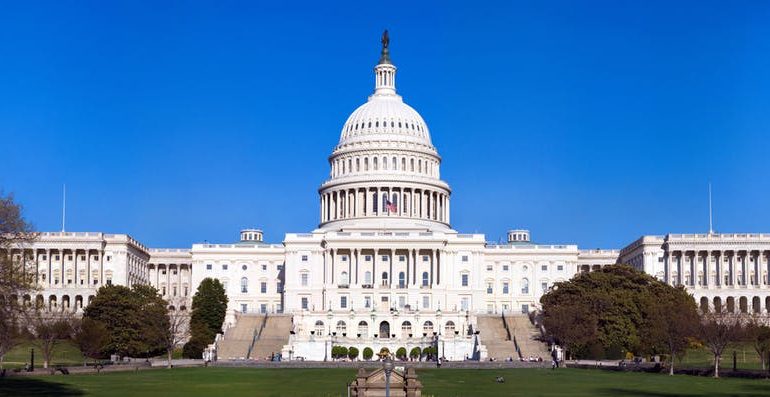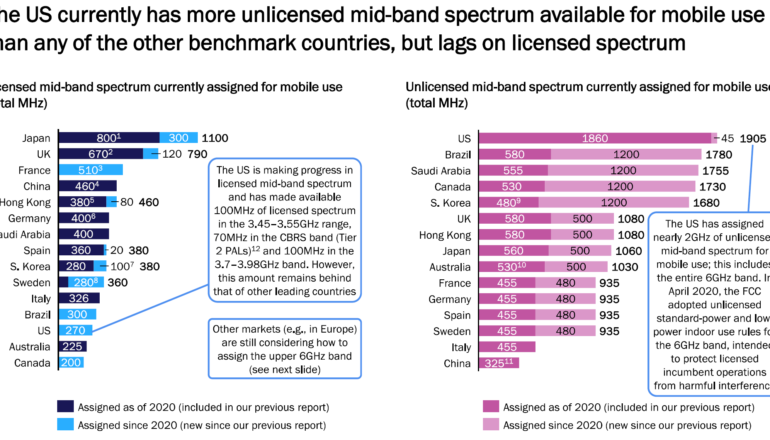Correcting the FCC’s 6 GHz Blunder
A new economic report by Raul Katz for WifiForward appears to inadvertently make a case for switching from Wi-Fi to Ethernet for better performance and a resulting boost to the…
Untangling Contradictions in Spectrum Policy
the FCC should ignore the pleas of self-appointed Wi-Fi advocates who don’t have the best interests of Wi-Fi users at heart
Dubious Arguments for 7 GHz Wi-Fi
A number of recent studies claim that Wi-Fi is on the verge of collapse – or radical slowdown – unless the FCC assigns the 7 GHz band to unlicensed use:…
The America Offline Hearing
The hearing we previewed in the last post (Spectrum for War and Peace) has wrapped and we now know who’s standing in the way of opening up the spectrum pipeline….
Spectrum for War and Peace
Hudson Institute Fellow Bryan Clark has told the Senate Commerce Committee that it’s better to hoard mid-band spectrum for (vague and poorly-specified) future military purposes than to auction it for…
Goodbye Crusty Old Cable
I finally canceled cable modem service after 27 years. It’s funny what it would take a networking guy like me – e.g., I wrote the program that my installer used…
My Reply Comment on CBRS
Today I filed a reply comment on the FCC’s CBRS NPRM. Here’s the summary. The most important frequency band class for the 3GPP 5G standard is n77, an internationally harmonized…
Lessons from the History of Wi-Fi
Today I published a research paper (Lessons from the History of Wi-Fi) on the (minimal) effect of the FCC’s unfortunate assignment of 1,200 MHz of new spectrum to Wi-Fi. Touted…
Some history on unlicensed spectrum
In 1985, the FCC issued the nearly forgotten “Spread Spectrum Order” (should be called the Mike Marcus Order) making 234.5 Mhz of radio frequency spectrum available in three bands to…
Progress on Spectrum Allocation
I can only hope that the Senate can put partisan differences aside and focus on what’s good for the nation. We need more 5G and 6G and we need more competition for broadband.












